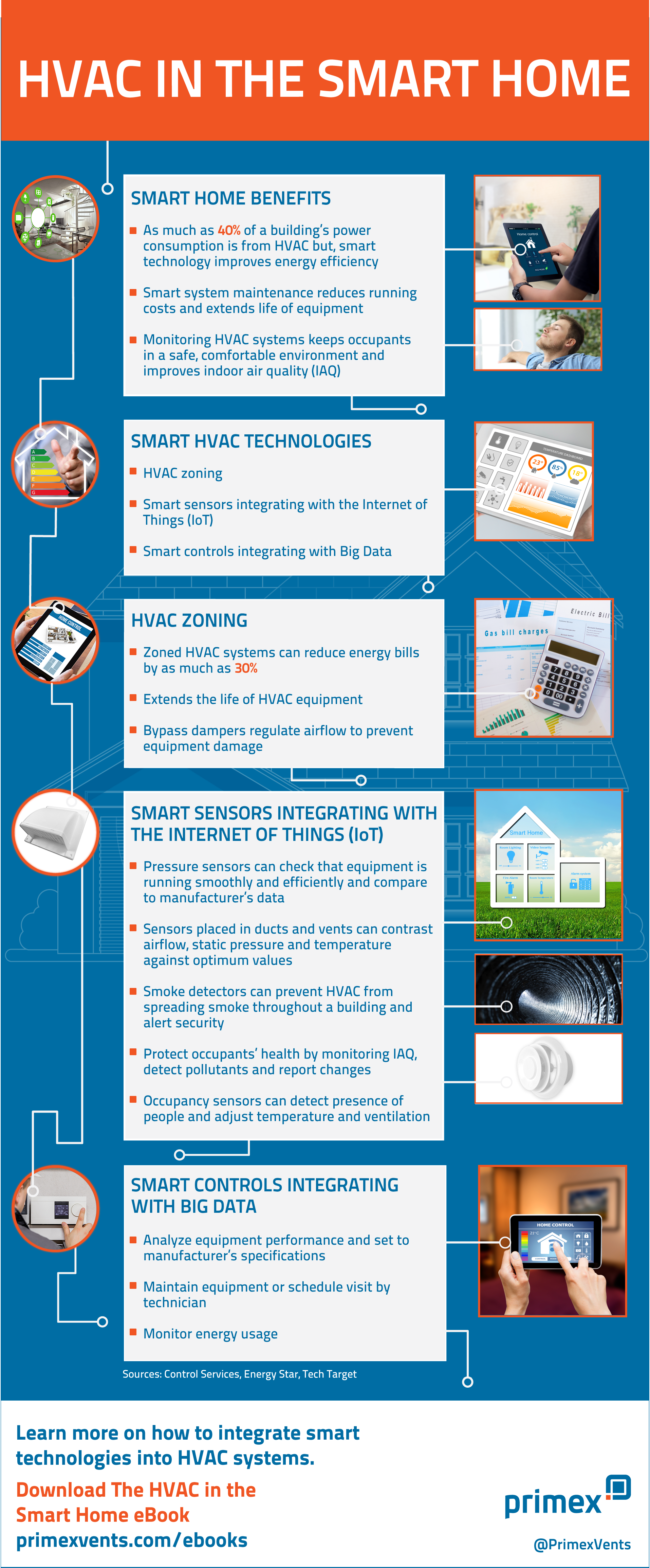Distinguishing Between Air Resource And Ground Source Warm Pumps: Which Is The Perfect Service For You?
Distinguishing Between Air Resource And Ground Source Warm Pumps: Which Is The Perfect Service For You?
Blog Article
Web Content Author-Pike Contreras
When choosing between air source and ground source heatpump, you might find yourself weighing variables like performance, cost, and environmental impact. Each option uses distinctive benefits, yet which one lines up ideal with your demands and top priorities? As you check out the differences in between these two kinds of heatpump, you'll reveal vital insights that can lead you towards making a notified choice that fits your distinct conditions. Keep tuned for a deeper study the subtleties of air source versus ground resource heatpump to help you navigate this crucial option.
Performance and Performance Contrast
When comparing air source and ground source heatpump for efficiency and performance, it's essential to consider exactly how each system operates in different problems. Air source heat pumps draw out warm from the outdoors air, making them more at risk to changes in temperature level. This implies they may be less efficient in very cool environments.
On the other hand, ground resource heatpump utilize stable below ground temperatures for warmth exchange, providing even more constant efficiency no matter external weather. Ground source heat pumps are usually more energy-efficient in the future due to the steady heat source underground. In addition, ground source heat pumps tend to have a longer lifespan compared to air source heat pumps, which can affect lasting performance and maintenance prices.
Cost Analysis: Installment and Upkeep
For an extensive contrast in between air resource and ground resource heat pumps, it's essential to analyze the expenses related to their setup and upkeep. Air resource heat pumps commonly have lower ahead of time installation costs contrasted to ground source heatpump. The setup of air source heatpump involves less facility excavation and boring, making it a more budget-friendly alternative for numerous homeowners.
However, ground source heatpump are understood for their higher effectiveness, which can lead to lower long-lasting power expenses, potentially balancing out the initial setup costs gradually.
When it involves maintenance expenses, air source heat pumps are usually easier and more economical to preserve contrasted to ground source heatpump. Ground source heatpump need regular look at the underground loop system, which can sustain additional upkeep expenditures.
On the other hand, air resource heat pumps generally need simple filter modifications and occasional specialist inspections, keeping maintenance expenses fairly reduced.
Consider both the upfront installment prices and long-term upkeep costs when determining between air resource and ground resource heat pumps to figure out which alternative straightens best with your spending plan and demands.
Environmental Effect Assessment
Assessing the environmental effect of air source and ground source heatpump is vital in understanding their sustainability.
Air resource heat pumps call for electrical energy to run, which can result in enhanced carbon discharges if the power originates from fossil fuels. On install heat pumps , ground source heatpump use the steady temperature level of the ground to heat and cool your home, leading to reduced power intake and minimized greenhouse gas emissions.
mouse click for source of both types of heatpump entails some level of environmental effect, such as the use of refrigerants in air resource heat pumps or the excavation required for ground loopholes in ground source heat pumps. Nonetheless, ground resource heatpump have a longer lifespan and greater effectiveness, making them a more eco-friendly option over time.
Verdict
When choosing in between air source and ground resource heatpump, consider your environment, budget, and ecological goals. Air source heatpump are a lot more affordable upfront, yet ground source heat pumps offer greater efficiency and long-lasting financial savings. Pick the option that lines up with your priorities and requirements for a comfortable and sustainable heating remedy.
